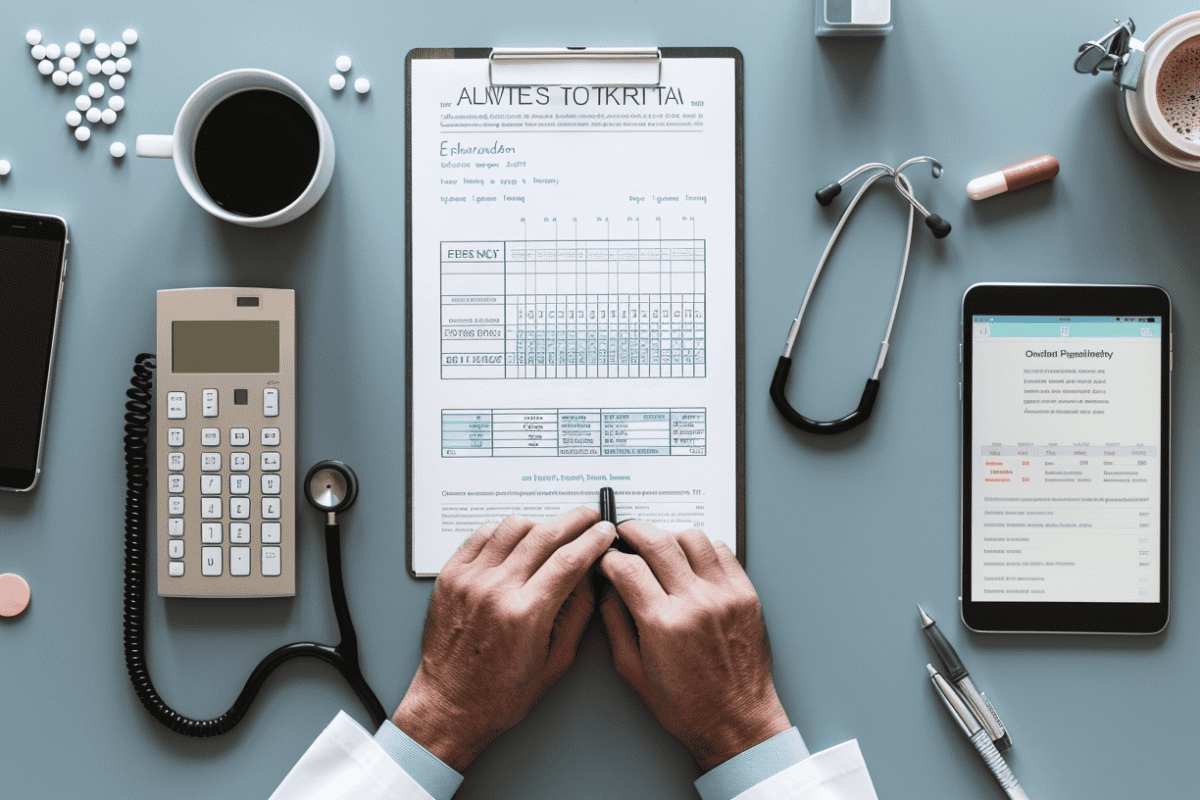More and more people want to be healthy and believe that technology will help them. This is what the research of the last few years is about. The research results showed that 56% of consumers believe that fitness apps will allow them to live ten years longer. Many respondents believe that mobile health will solve the problem of overweight. Another group of respondents is ready to buy a device to enhance health indicators throughout regular monitoring. As a result, a large number of mobile users believe that mHealth applications improve their lives.
Mobile devices are now part of millions of people’s lives, and visiting a doctor has never been easier (thanks to the applications). It can be assumed that mHealth will provide a more comprehensive entrance to healthcare and reduce healthcare costs.
Using mHealth applications for symptoms tracking and doctor communication could help you to remain one step ahead of the
Advantages of mHealth include such points:
- medical costs are reduced;
- increases the overall health level of the population;
- new investment opportunities are opening up;
- opportunities for research and development.
One of the disadvantages of mHealth applications is considered privacy policy and insecurity of personal information. Users do not always trust their data and are not sure what level of information security they can count on. Thus, not every mHealth application complies with the Health Insurance Portability and Accountability Act (HIPAA), and the client, in this case, does not receive guarantees on the protection of private information. And it will be continued until owners of healthcare apps understand the importance of quality assurance in healthcare.
Software testing in the healthcare industry
Why is quality assurance important in healthcare? Problems with software testing mHealth applications are no different from other applications.
Testing strategy just must take into account the specifics of this industry:
- Testing must be performed by a high level of experienced software testing company;
- Software testing requires compatibility, compliance, regulatory, security, security testing, as well as non-functional, functional, and integration testing;
- Testing should take into account safety standards and regulations, as any bug can directly impact the patient’s life;
- The testing team must be competent in how healthcare software will be used;
- A healthcare app must meet various standards, such as HIPAA, before it can be used.
Mobile healthcare applications are designed to make it much easier for people to control their own health and ensure a healthy lifestyle. But due to a number of reasons, they are exposed to a severe risk of information security breach and loss of personal data, as users have to enter confidential medical data. Nobody knows how significant these risks are. The vast majority of applications (about 95%) do not provide user data security in one way or another and do not believe in the importance of quality assurance in healthcare.
The secure storage of personal medical data is vital for all healthcare companies. Disclosure of this information is considered a serious violation of the law. In addition, it can harm patients whose security has not been ensured.
Storage and processing of healthcare data follow strictly regulated rules. Your future application must comply with international and national confidentiality requirements, which determine the rules for handling medical data: HIPAA, ISO/TS, GDPR, and others.
“When developing an application, pay more attention to standards for secure storage of information and software testing,” says Oleh Sadykow, a co-founder at DeviQA – a leading healthcare testing services company. “Millions of healthcare software development investments can result in billions of losses due to a single missed bug. Your company may be losing money right now because of low-quality software. Make sure your healthcare app is accurate, reliable, and secure.”
When your team has been working on the same project for months, it becomes harder and harder to detect your own bugs. It is important not to disperse developers’ efforts but to delegate non-core activities to outsource so that the team can focus on priority tasks. Let the QA specialists take care of testing.
Whatever the purpose of your software, rest assured that after software testing, it will interact effectively with third-party applications and playback correct patient information, and its quality will exceed your customers’ expectations. Now you know the importance of quality assurance in healthcare industry.
This is a sponsored post
Digital Health Buzz!
Digital Health Buzz! aims to be the destination of choice when it comes to what’s happening in the digital health world. We are not about news and views, but informative articles and thoughts to apply in your business.


